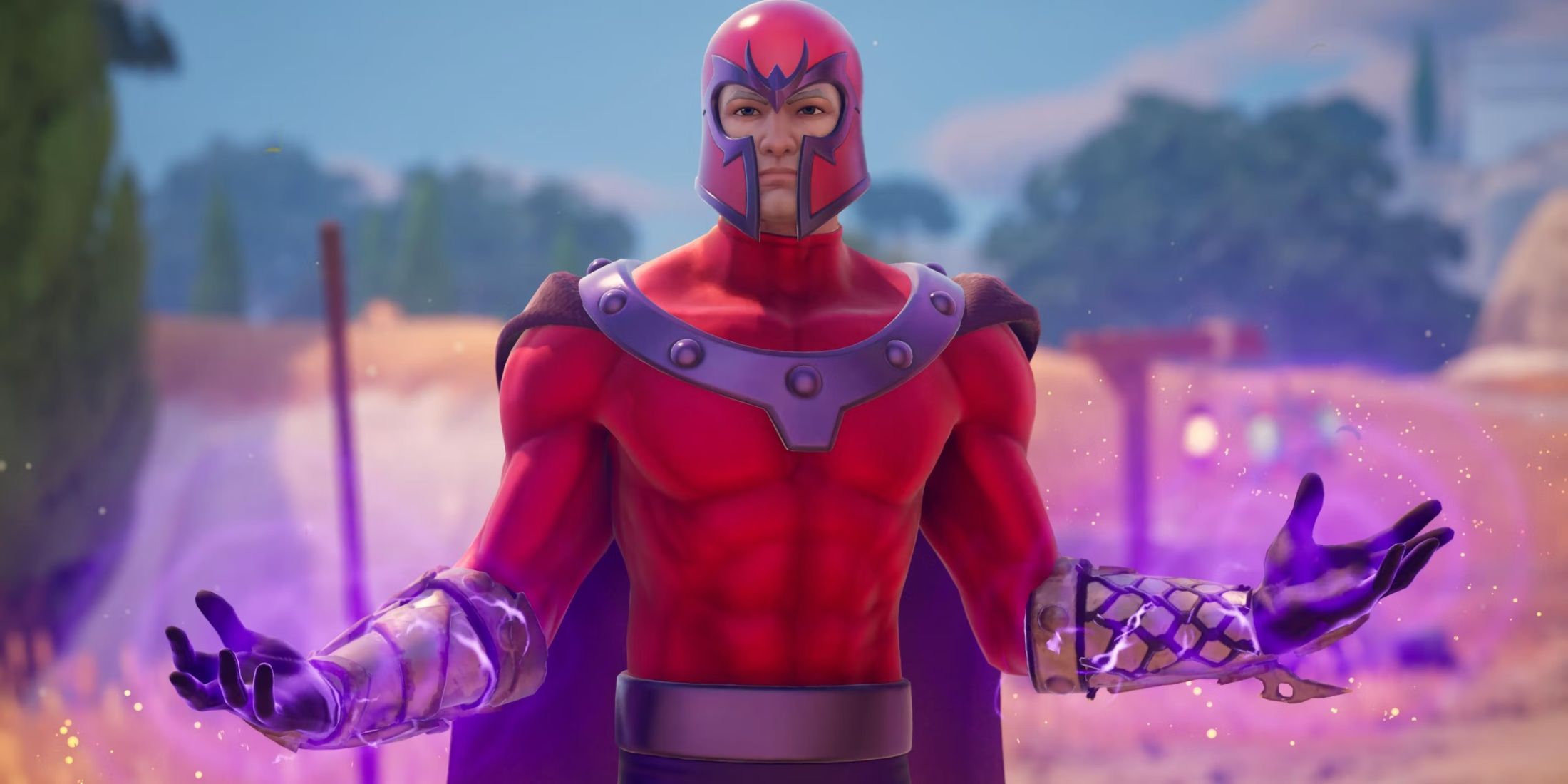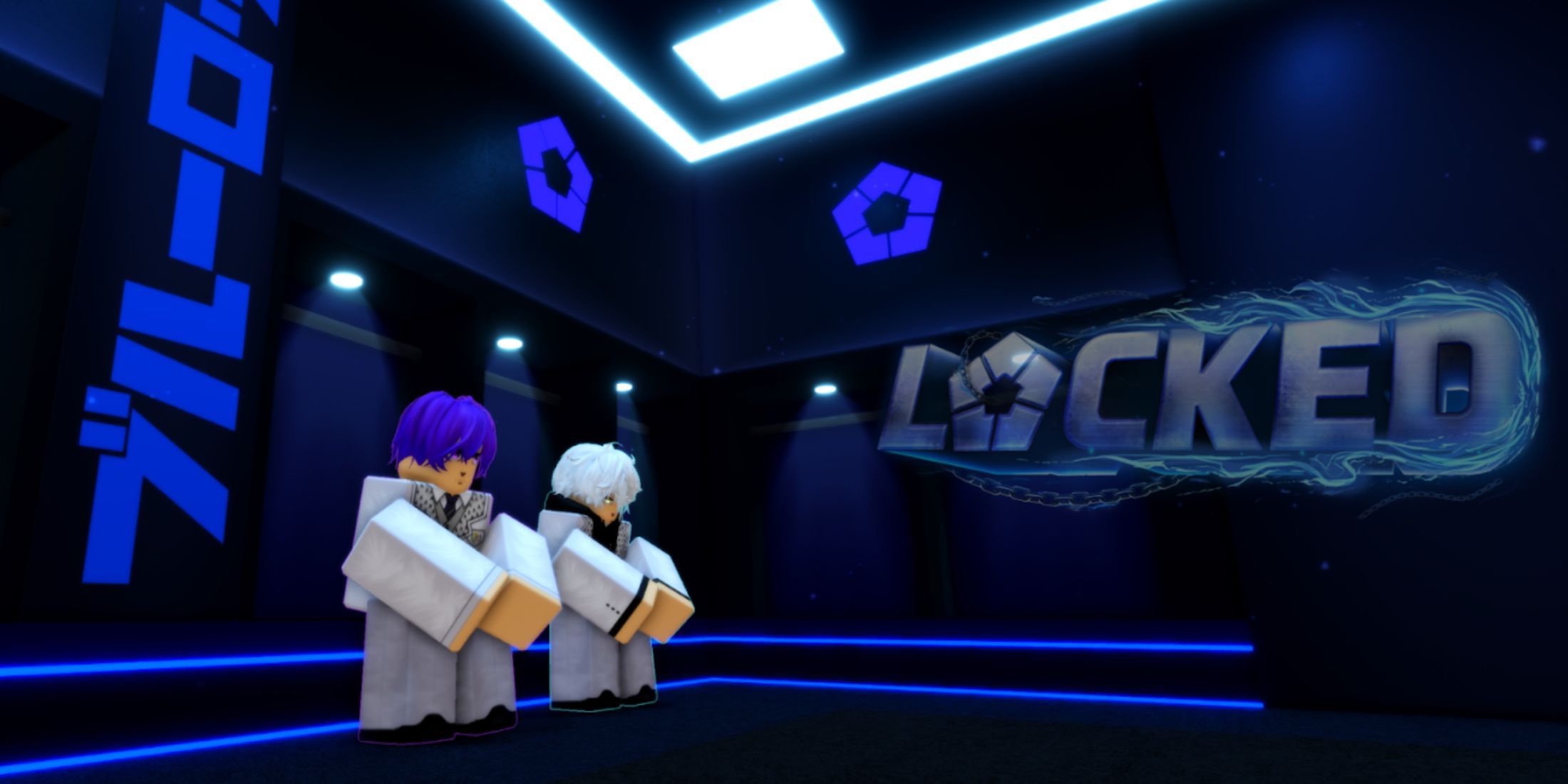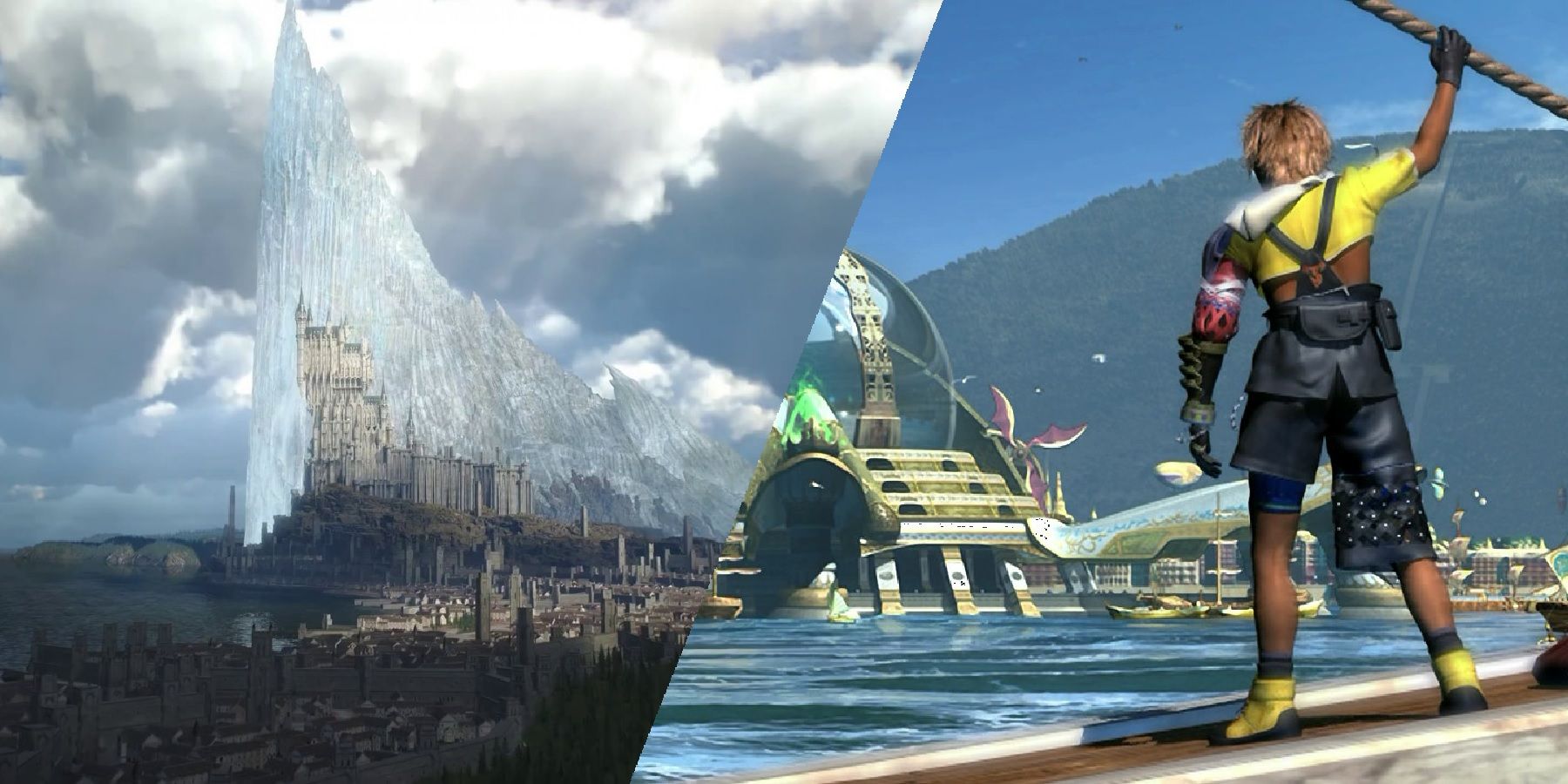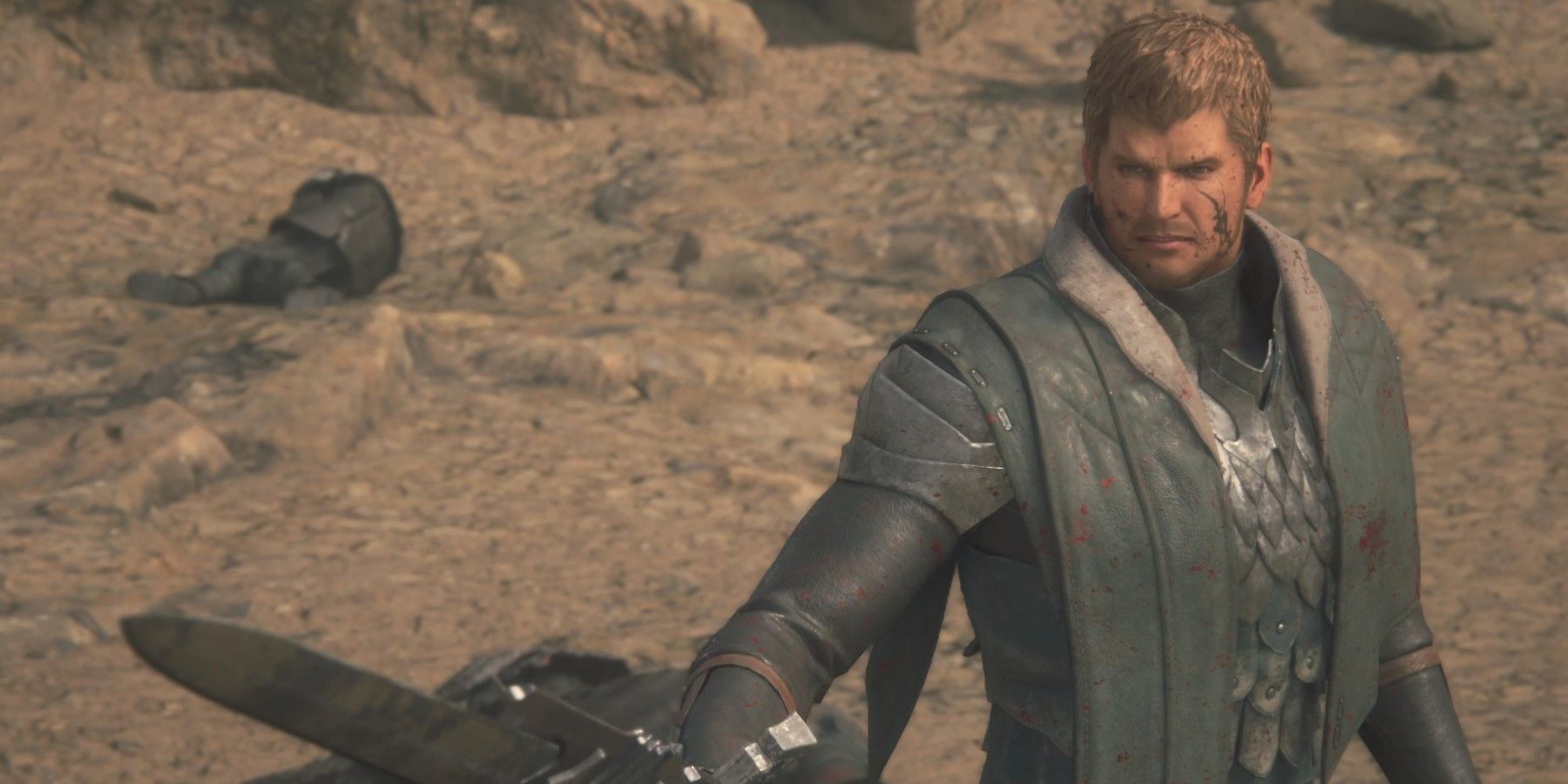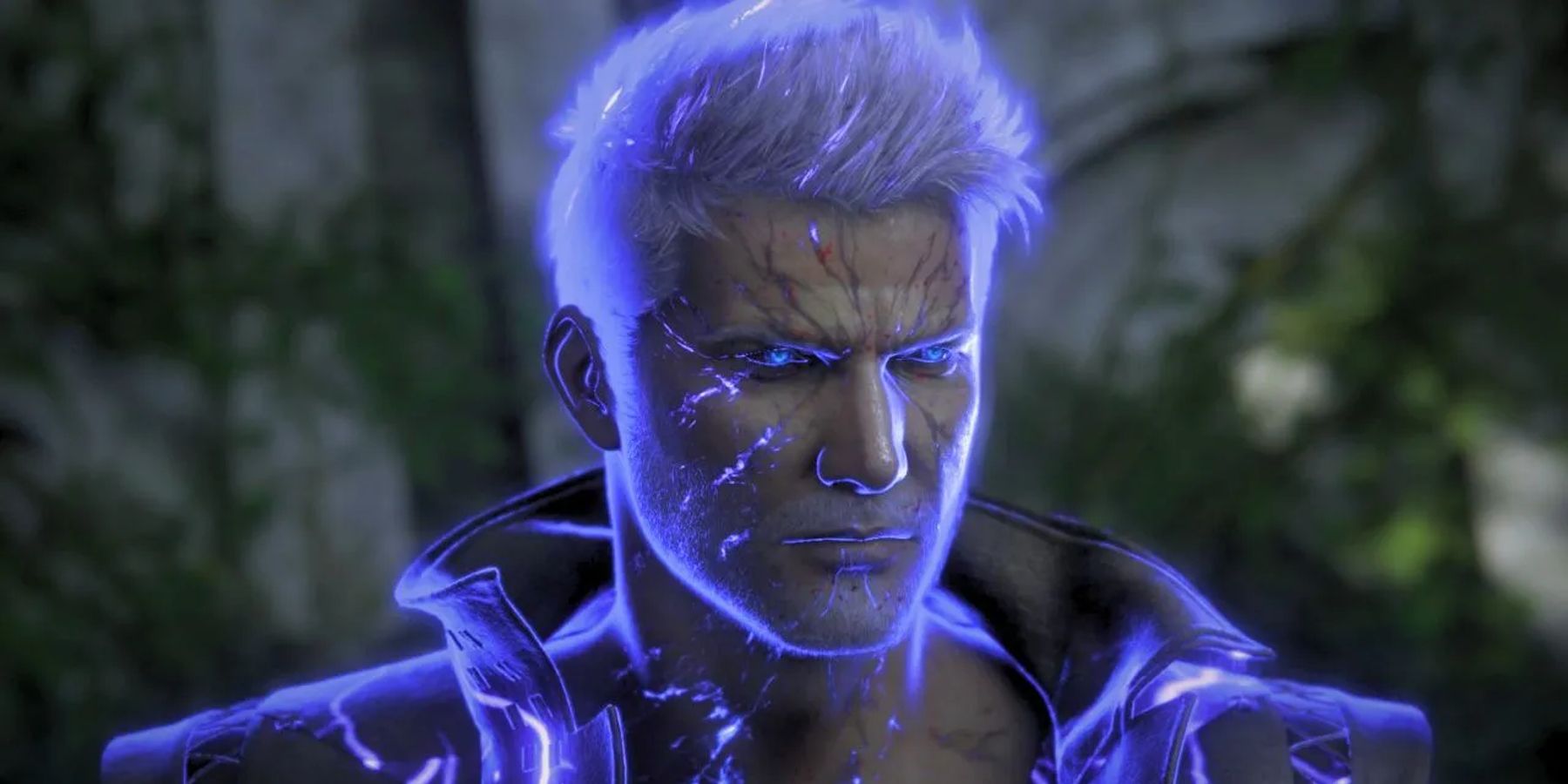The world of Valisthea in Final Fantasy 16 is a complex system of interconnected countries fighting over the territory of two continents that are being ravaged by the encroaching Blight. While the exact causes of hardship are more unique to Valisthea, much of the way that people devote themselves to the separate cultures makes it more similar to Final Fantasy 10 than some of the other games in the series.
In the same way that Final Fantasy 10 puts so much emphasis on the religion of Yevon, many of the cultures in Final Fantasy 16 focus heavily on the power and bounty of the Mothercrystals in various ways. There is also a connection that can be drawn between the Al Bhed and the Bearers, two groups that face a great deal of prejudice for what is revealed to be little to no reason.
Final Fantasy's Critique on Religion
It shouldn't be a surprise at this point in the franchise to see Final Fantasy 16 showcase cultures that submit to devout worship, while also undermining the exact thing that they are worshiping. This comes hand in hand with often having outcast or outlaw protagonists who will fight back against the established religion, government, or corporations. So, the conflict between Cid's band of outlaws in the Hideaway and the countries that attach themselves to their Mothercrystals is par for the course on the series in many ways.
One previous example of this is in the way that Final Fantasy 10 pits Tidus and his team against the whole of Yevon by the end of the game, undergoing their pilgrimage while acting as an outlaw of the state religion. In a way, Final Fantasy 10 just consolidated the enemy into a single group, with most of Spira united under the banner of Yevon, as they are led blindly to worship a set of teachings that can never save them. This means that the culture of Spira as a whole is not too different from the many cultures of Valisthea, all of which include figureheads at the height of power who hide the truth about the powers that be in order to maintain control over the people.
Across the several different countries in Final Fantasy 16, those same power systems are shown to take many different forms, including a corrupt Empire, a tyrannical Monarchy, a money-obsessed Republic, and a religious cult. The overarching theocracy of Spira's Yevon would fit right in among these different countries, as it also holds its people under strict rule based on false teachings. This also connects to how these different cultures treat those who are considered to be at the bottom, which includes Final Fantasy 16's magic wielders known as Bearers.
Prejudice Across Final Fantasy Worlds
One of the key conflicts in Final Fantasy 16 revolves around the role of Bearers, those gifted with the ability to use magic without crystals, and their status across Valisthea. These Bearers are branded the moment they are discovered to have magical talents, and are so looked down upon that mothers will completely disown their children for being born as one. Among the people of Spira in Final Fantasy 10, those who follow Yevon hold a similar resentment and hostility towards the machina-embracing Al Bhed.
This hostility, however, is certainly explored deeper in the more mature world of Final Fantasy 16, as the game isn't afraid to pull its punches with how cruel people can be to Bearers. On more than one occasion, regular citizens will work Bearers to death without a second thought about their plights, in one case even allowing them to be killed by wolves for sport. It's a much darker tone than how Final Fantasy 10 treats the Al Bhed, even when considering that at one point the Al Bhed homeland is destroyed by Yevon.
Final Fantasy 16 is available now for PS5.

